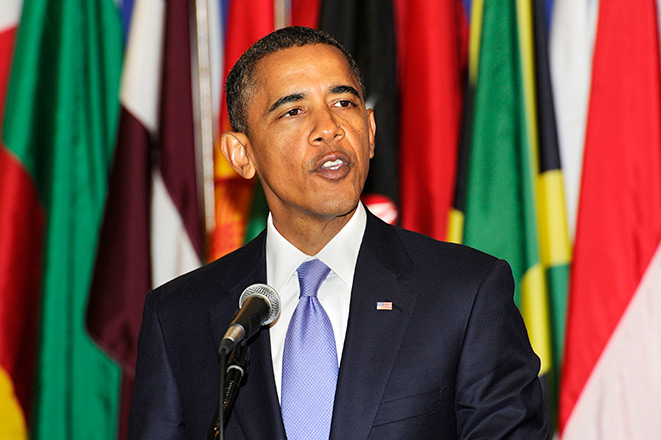
Editor's Note: This oped co-authored with actor and activist Robin Wright originally appeared on Huffington Post.
As we were making our way home to be with family and friends this Thanksgiving, the M23 rebel group backed by Rwanda and Uganda stormed and seized Goma, one of the largest cities in eastern Congo. This is the first time since 2004, at the height of Congo's conflict, that rebels have occupied the city of Goma. A week has gone by, but the U.S. media and government have barely acknowledged this escalating crisis.
Goma is a city that holds a special place in our hearts. One year ago, we traveled to eastern Congo with the Enough Project and spent time in Goma with Enough Project field researcher and human rights activist Fidel Bafilemba. We met with residents of displaced persons camps near Goma, survivors of sexual violence at health centers, and local activists fighting for increased security in this embattled area. One of the highlights of our trip was visiting Fidel's home and meeting his wife and five children. We took turns holding his newborn daughter, Israeli, and enjoyed the samosas his wife prepared as we sat around his living room.
Today, amid the current violence, Fidel and his family remain in Goma. When we last spoke to Fidel, just days ago, bullets were zipping past his house. Fidel and his family are safe for now, but they are terrified about what this latest development means for the war, their city, and their country.
Fighting between M23 and the Congolese national army has displaced half a million people in the region since April. The conflict area will likely widen, and Congolese fear that the M23 rebels will make their way south to Bukavu, the other major city in eastern Congo, leaving a path of destruction in their wake. It is hard to imagine the environment in Goma right now. Just over a year ago, we were so inspired by the resolve of the people we met. And now, the growing violence threatens their lives.
The U.S. government can play a key leadership role to help end the crisis and promote peace in the region. The day Goma fell, activists sprang into action urging the White House to speak out and help support the people of eastern Congo. Led by the Enough Project's Raise Hope for Congo campaign and its partner organizations — Jewish World Watch, Free the Slaves, and Falling Whistles — students and activists across the U.S., Canada, Europe, and Congocalled on the U.S. government to ensure the United Nations peacekeeping force in Congo protects civilians; to expand targeted U.N. sanctions to individuals violating the U.N. Arms Embargo on Congo; and to appoint a special presidential envoy to support a joint African Union/U.N. peace process that would focus on the immediate crisis as well as the underlying economic and political interests of the parties involved.
We know there are other demands on the Obama administration, but the mounting toll on the people of eastern Congo requires attention. The American people, our government, and our international partners have the capacity to engage and the resources to respond. We are all connected to the conflict in Congo by our smartphones, laptop computers and other consumer electronics products that contain minerals mined in eastern Congo — the profits of which are used by rebel groups to continue waging war.
Our Congolese friends, who are among the leaders of civil society in eastern Congo, tell us that engagement from President Obama will have an impact on the situation. Ben Affleck, who is deeply invested in eastern Congo, just stated that for President Obama "this has to be a priority."
We are grateful for the peace and security we enjoyed this Thanksgiving weekend. There is nothing better than time with family and friends, but it was a bittersweet holiday for us knowing what our Congolese friends in Goma were enduring. Join us and thousands of other activists in calling on the White House to take these clear steps and advocate for peace and security for the Congolese people.
Photo: President Obama speaks at the United Nations headquarters in New York (UN)

